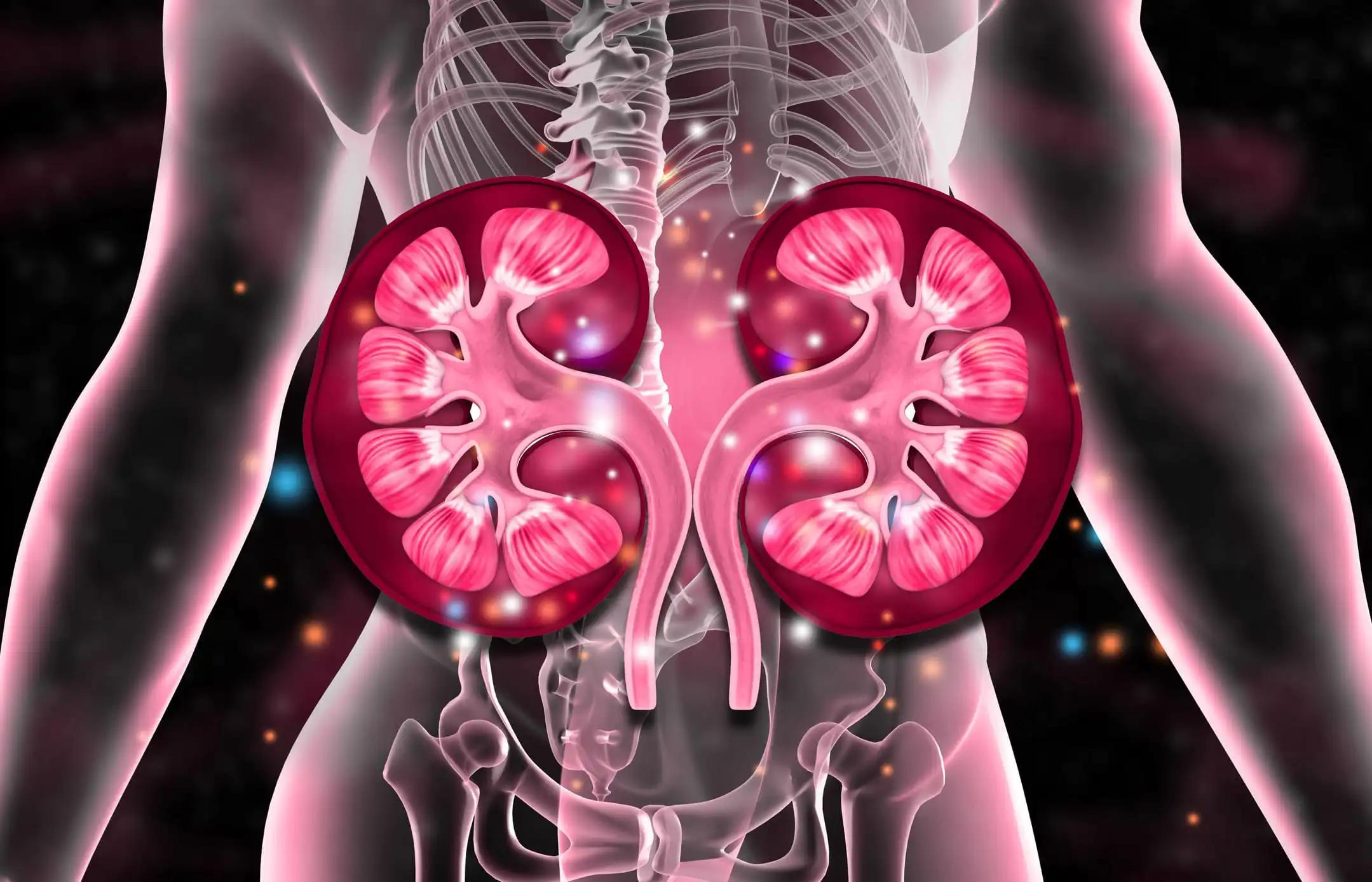KEY TAKEAWAYS
- This is a phase 3 trial that evaluated the efficacy of oral rucaparib (an inhibitor of PARP) in patients with metastatic, castration-resistant prostate cancer with a BRCA1, BRCA2, or ATM alteration who had disease progression after treatment with a second-generation ARPI.
- Patients who received rucaparib showed a significantly longer duration of imaging-based progression-free survival compared to those who received a control medication (docetaxel or a second-generation ARPI) in both the intention-to-treat and BRCA subgroups.
- The study results suggest that rucaparib may be an effective treatment option for patients with metastatic, castration-resistant prostate cancer with a BRCA alteration.
- Fatigue and nausea were the most common adverse events associated with rucaparib treatment.
- Further studies are needed to confirm the findings of this trial and explore the efficacy of rucaparib in patients with other genetic alterations.
Patients with metastatic, castration-resistant prostate cancer and a detrimental BRCA change responded well to the PARP inhibitor rucaparib in phase 2 research. However, they need more information to verify and build upon the results of the phase 2 study. Patients with metastatic castration-resistant prostate cancer with a BRCA1, BRCA2, or ATM mutation who experienced disease progression while on treatment with a second-generation androgen-receptor pathway inhibitor participated in this randomized, controlled, phase 3 trial (ARPI).
Patients were divided into 2 groups and given either oral rucaparib (600 mg twice daily) or a physician-selected control group (docetaxel or a second-generation ARPI [abiraterone acetate or enzalutamide]). An Independent examination of imaging results was used to determine the primary outcome, the median time to progression. Around 27 individuals were given rucaparib, thirteen were given a placebo (intention-to-treat population), and 201 and 101 patients with a BRCA change were found in the rucaparib and placebo groups, respectively. Median imaging-based progression-free survival in the rucaparib group was 11.2 months compared to 6.4 months in the control group at 62 months (95% confidence interval [CI]: 0.36 to 0.69; P<0.001 for both comparisons).
Median imaging-based progression-free survival was 8.1 months in the rucaparib group and 6.8 months in the control group (hazard ratio, 0.95; 95% CI, 0.59 to 1.52) in an exploratory analysis of the ATM subgroup. Both tiredness and nausea were among the most common rucaparib side effects. The duration of imaging-based progression-free survival was considerably longer with rucaparib compared with a control medication among patients who had metastatic, castration-resistant prostate cancer with a BRCA change.
Source: https://pubmed.ncbi.nlm.nih.gov/36795891/
Clinical trial: https://clinicaltrials.gov/ct2/show/NCT02975934/
Fizazi, K., Piulats, J.M., Reaume, M.N., Ostler, P., McDermott, R., Gingerich, J.R., Pintus, E., Sridhar, S.S., Bambury, R.M., Emmenegger, U., Lindberg, H., Morris, D., Nolè, F., Staffurth, J., Redfern, C., Sáez, M.I., Abida, W., Daugaard, G., Heidenreich, A. and Krieger, L. (2023). Rucaparib or Physician’s Choice in Metastatic Prostate Cancer. New England Journal of Medicine. doi:https://doi.org/10.1056/nejmoa2214676.



